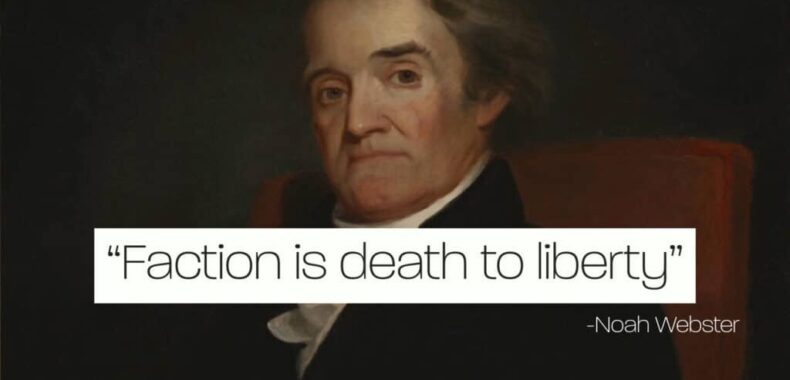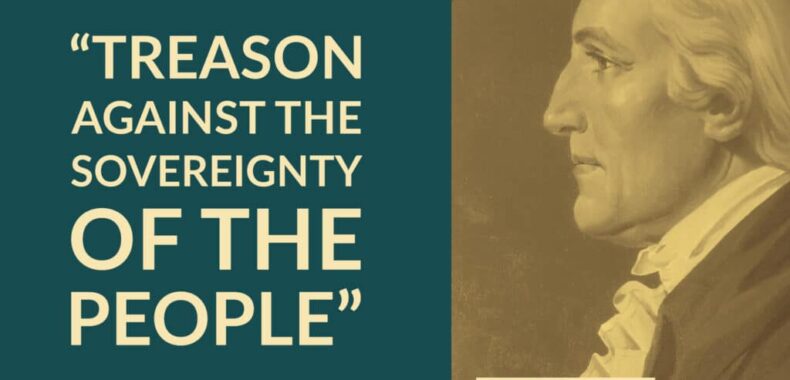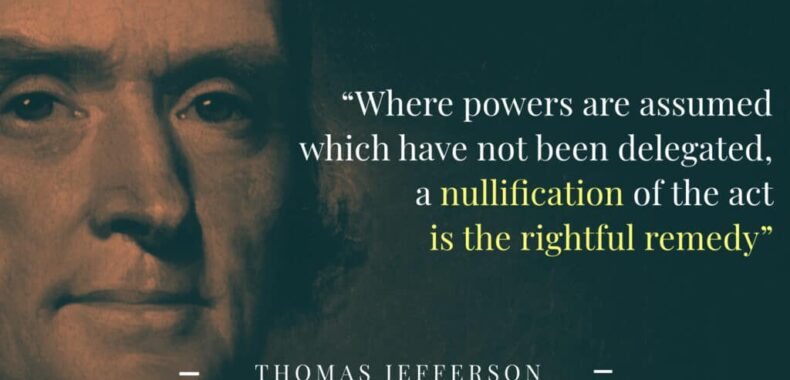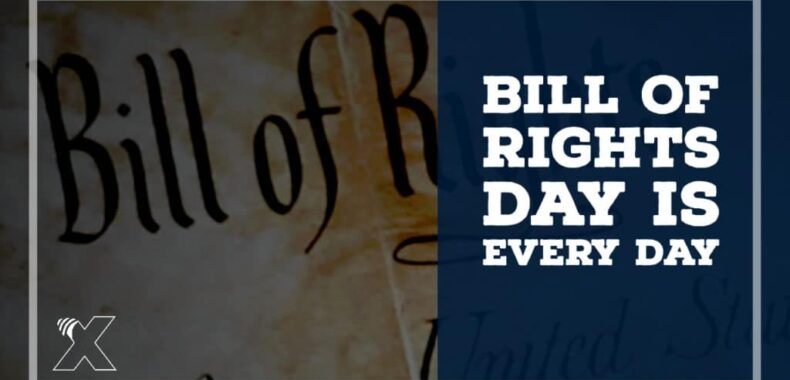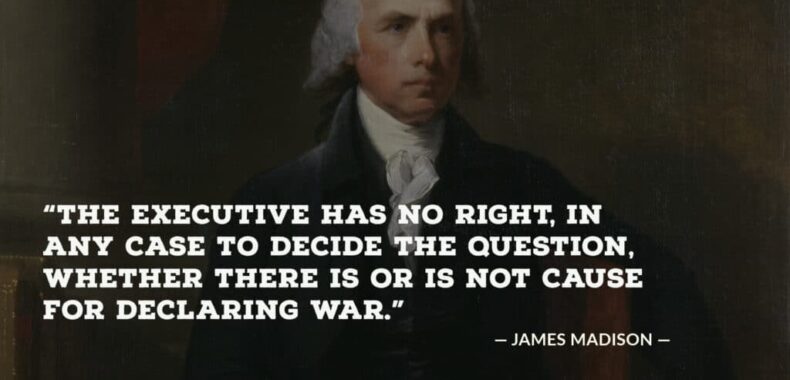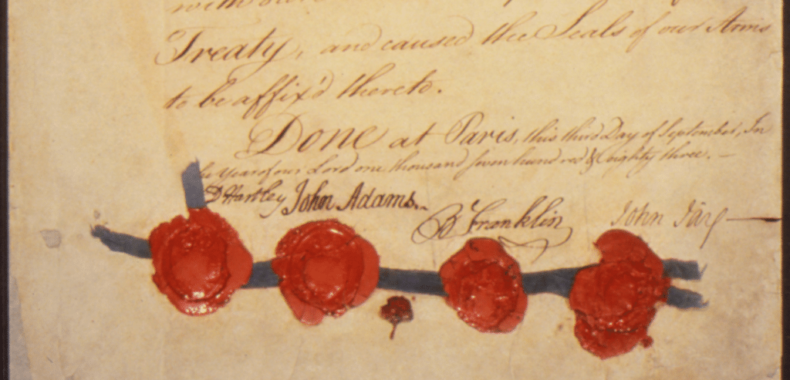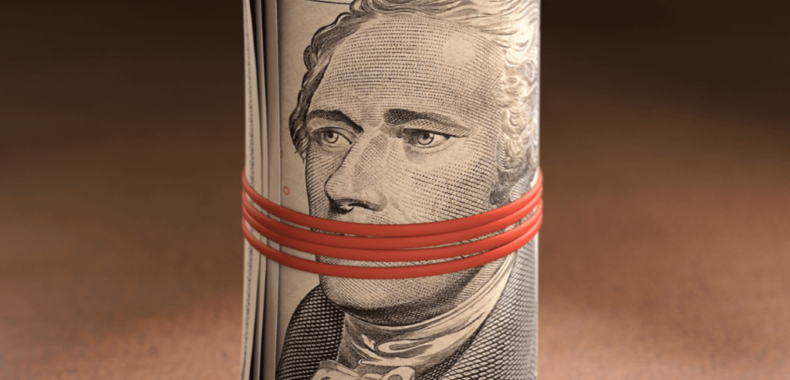Precedent: Letting Yesterday’s Crimes Justify Tomorrow’s Tyranny
By: Michael Boldin “One of the vilest systems that can be set up.” That’s how Thomas Paine described government by precedent – when government uses power not because it’s authorized, ...
Read more.How Party Politics Destroys Independent Thought and Liberty
By: Michael Boldin “Nothing is more dangerous to the cause of truth and liberty than a party-spirit.” Noah Webster didn’t mince words. Over 200 years ago, he saw the warning ...
Read more.Not Just Bad Policy: The Founders Called it Treason and War
By: Michael Boldin Treason. Invasion. Conquest. That’s how the Founders and old revolutionaries described usurpation – power stolen, not delegated. And it wasn’t just rhetoric. It was a foundational, and ...
Read more.Nullification 101: Five Core Principles You Need to Know
By: Michael Boldin Nullification is THE rightful remedy for all unconstitutional acts – usurpations of power. Understanding the five core principles that make up its foundation is essential to getting ...
Read more.Bill of Rights: Forgotten Role of the 10th Amendment in Its Creation
By: Michael Boldin The Bill of Rights was born from intense battles between Federalists and Anti-Federalists over delegated and reserved powers. This clash not only shaped its contested origins but ...
Read more.Insights into the Constitution from English Social History
By: Rob Natelson If you want to understand the Constitution, you should know something of the social context that produced it. Very useful for this purpose are the chapters on ...
Read more.War Powers: The True History of James Madison, the Constitution and the War of 1812
By: Mike Maharrey In the early years of the United States under the Constitution, James Madison made one of the most compelling constitutional arguments against unilateral presidential war powers. Through ...
Read more.The Treaty of Paris: How the War for Independence Almost Didn’t End
By: Michael Boldin Signed on Sept 3, 1783 – the Treaty of Paris has long been called the formal end to the War for Independence. But the war didn’t officially ...
Read more.War Powers: The True History of John Adams and the Quasi-War with France
By: Mike Maharrey Many people believe presidents have a great deal of authority to make unilateral decisions about war without the approval of Congress. To support this conclusion, they ...
Read more.Paper Money: The Founders Warned Us!
By: Michael Boldin “The evils of paper money have no end” That’s how Thomas Paine put it, but he was far from alone. The Founding Fathers were deeply worried ...
Read more.
